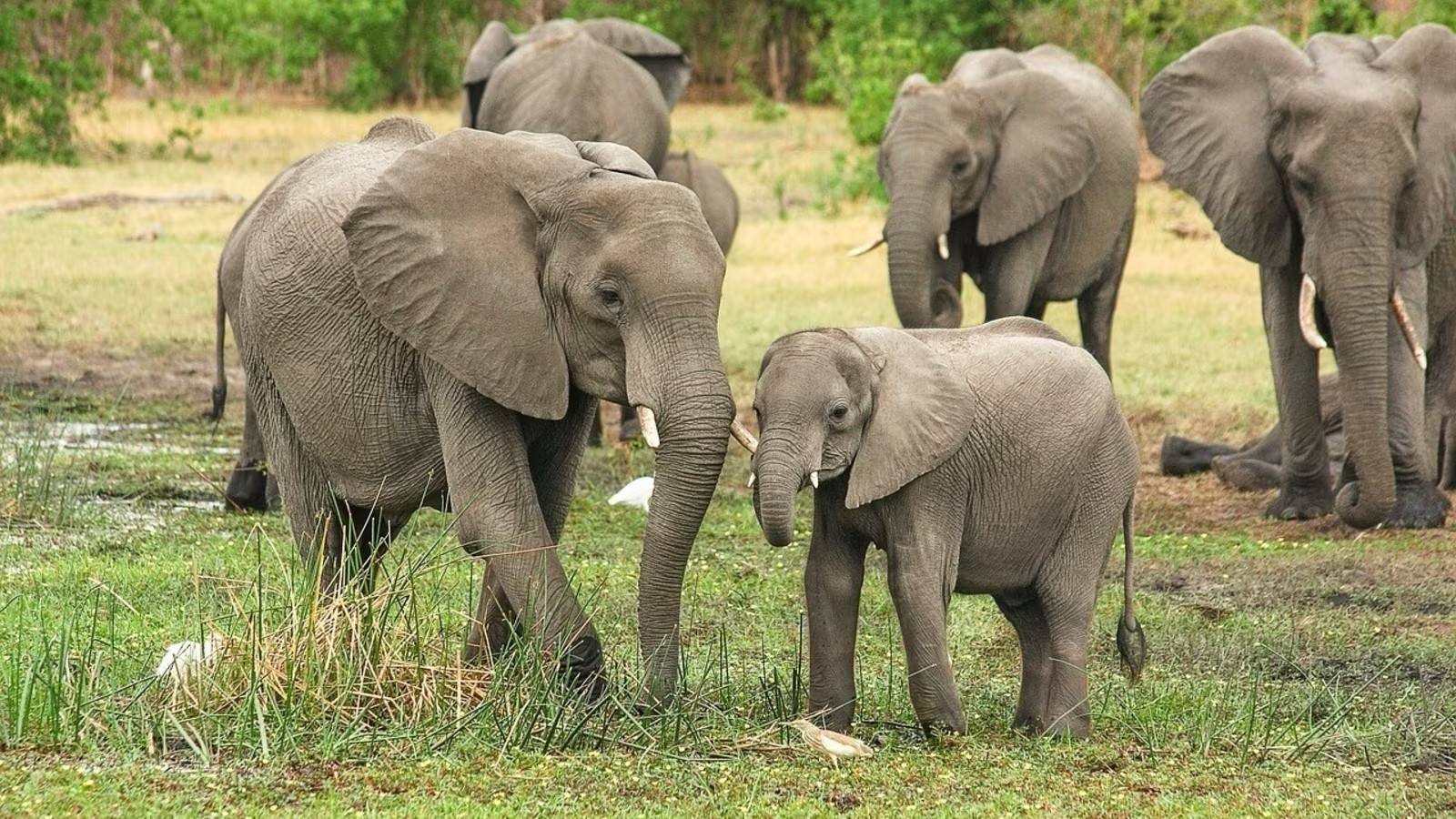
Ever wondered why elephants, with their grand stature and gentle eyes, have a day dedicated just to their preservation? Save The Elephant Day, celebrated on April 16th, is not just a date on the calendar; it's a global call to action. Why, you ask? Well, these majestic creatures are facing threats from poaching, habitat loss, and human-elephant conflicts, pushing them closer to the brink of extinction. This day aims to raise awareness and foster support for their survival. So, how did this special day come about, and what can we do to ensure these gentle giants roam our planet for generations to come? Let's dive into the heart of the matter and uncover some fascinating facts about Save The Elephant Day.
Key Takeaways:
- Save The Elephant Day, on April 16th, raises awareness about the challenges elephants face, like poaching and habitat loss. It encourages actions to help secure a future where elephants thrive in the wild.
- Elephants play a vital role in maintaining biodiversity and ecosystems. Supporting organizations, educating others, and advocating for stronger wildlife protection laws can make a big difference in saving these majestic creatures.
What is Save The Elephant Day?
Save The Elephant Day, celebrated on April 16th, is a special day dedicated to the preservation and protection of the global elephant population. This day aims to raise awareness about the challenges elephants face, including poaching, habitat loss, and human-elephant conflicts. It encourages actions to help secure a future where elephants thrive in the wild.
Why Do Elephants Need Saving?
-
Elephants are under threat from poaching for their ivory tusks. Despite international bans, illegal ivory trade flourishes in some regions, leading to significant declines in elephant populations.
-
Habitat destruction is another critical issue. Expanding human settlements, deforestation, and agricultural development reduce the natural habitats elephants rely on for survival.
-
Human-elephant conflicts arise as elephants and humans compete for space and resources. These conflicts can result in the death of both elephants and humans, further endangering the species.
How Can You Participate in Save The Elephant Day?
-
Educating yourself and others about the plight of elephants is a powerful step. Knowledge is key to changing attitudes and behaviors towards these majestic creatures.
-
Supporting organizations that work towards elephant conservation can make a big difference. Donations help fund anti-poaching patrols, habitat restoration projects, and community education programs.
-
Advocating for stronger wildlife protection laws and enforcement can help curb illegal poaching and trade of ivory. Public pressure on governments and international bodies is crucial.
The Importance of Elephants in Ecosystems
-
Elephants play a vital role in maintaining the biodiversity of the ecosystems they inhabit. As "ecosystem engineers," they help shape their environment in ways that benefit other species.
-
Their feeding habits aid in seed dispersal, contributing to forest regeneration and the spread of plant species.
-
Elephants also create waterholes used by other animals during their foraging activities, which can be crucial in times of drought.
Global Efforts to Protect Elephants
-
International agreements like CITES (the Convention on International Trade in Endangered Species of Wild Fauna and Flora) aim to ensure that international trade does not threaten elephants' survival.
-
Various countries have implemented national parks and reserves to protect elephants and their habitats. These protected areas are critical for the conservation of elephants, offering them a sanctuary from poaching and habitat destruction.
A Final Nod to Our Gentle Giants
Save The Elephant Day isn't just another date on the calendar. It's a call to action, a reminder of the fragile beauty that elephants bring to our world and the urgent need to protect them. These majestic creatures face threats from poaching, habitat loss, and human-elephant conflicts, but there's hope. Every effort counts, from supporting elephant conservation projects to spreading awareness about their plight. By taking steps to ensure their survival, we're not only saving elephants but also preserving the biodiversity of our planet for future generations. Let's honor these gentle giants by committing to their protection. Remember, every action, no matter how small, can lead to significant change. Let's make every day a day to save the elephants.
Frequently Asked Questions
Was this page helpful?
Our commitment to delivering trustworthy and engaging content is at the heart of what we do. Each fact on our site is contributed by real users like you, bringing a wealth of diverse insights and information. To ensure the highest standards of accuracy and reliability, our dedicated editors meticulously review each submission. This process guarantees that the facts we share are not only fascinating but also credible. Trust in our commitment to quality and authenticity as you explore and learn with us.


